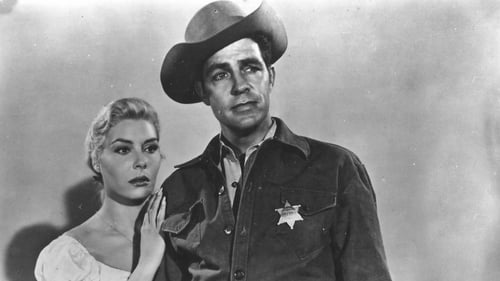
Writer
In this western, a sheriff attempts to exact his revenge against the desperadoes who cost him his job. The former lawman successfully gets rid of the bad hombres and clears his name.

Production Manager
Staples, a successful plant operator, is brought in from Ohio to take an executive position at Ramsey & Co. in New York. He forms a friendship with Briggs, the long-time vice president, but it soon becomes apparent that Walter Ramsey, who has inherited the position of CEO, is grooming Staples to replace Briggs. Ramsey will not fire Briggs, instead doing everything he can to humiliate and sabotage Briggs until he resigns.

Editor
"...[T]he twenty-three-minute Our Union...premiered at the union’s 12th annual national convention in Boston... The film presented 'the history of the UE from its birth in depression days to its present strength. Shows how UE grew in the struggle to bring security to its membership and to the people of the nation as a whole.' At the same time it has a semi-fictional story as 'Tragedy strikes the home of this family when a company spy shoots down the worker who tries to organize his shop. The blacklist, the spy, the violence used in the early days of the UE and the CIO are vividly presented by "Our Union," which stresses that today there are groups trying to bring back the conditions of the early 1930s.' Although Union Films made Our Union, its role went unmentioned on prints and in the press." (Charles Musser, Yale)

Director
"...[T]he twenty-three-minute Our Union...premiered at the union’s 12th annual national convention in Boston... The film presented 'the history of the UE from its birth in depression days to its present strength. Shows how UE grew in the struggle to bring security to its membership and to the people of the nation as a whole.' At the same time it has a semi-fictional story as 'Tragedy strikes the home of this family when a company spy shoots down the worker who tries to organize his shop. The blacklist, the spy, the violence used in the early days of the UE and the CIO are vividly presented by "Our Union," which stresses that today there are groups trying to bring back the conditions of the early 1930s.' Although Union Films made Our Union, its role went unmentioned on prints and in the press." (Charles Musser, Yale)



